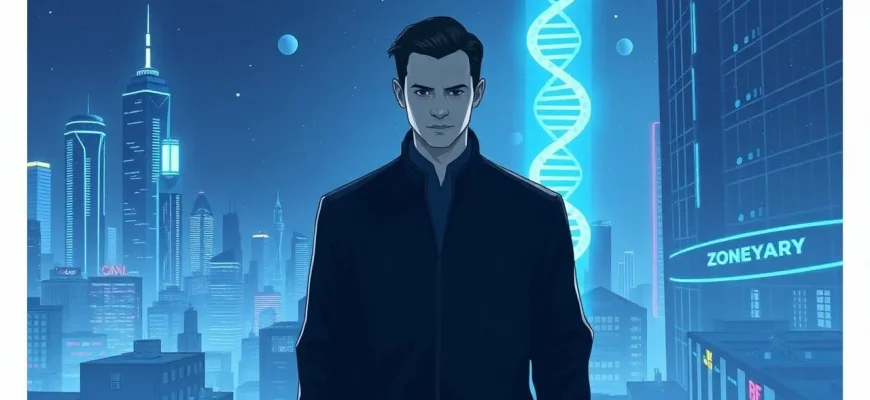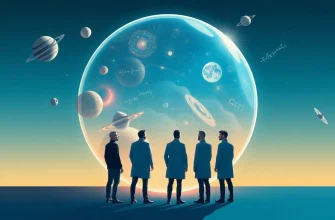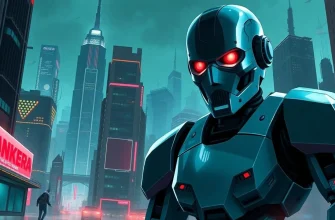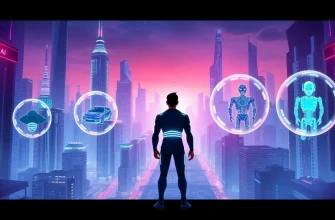Cloning has long been a staple in science fiction, offering a rich canvas for exploring themes of identity, ethics, and the very essence of humanity. This curated list dives into the world of cloning through the lens of some of the most thought-provoking and thrilling films in the genre. From tales of identity crises to the moral implications of playing God, these movies provide a fascinating look at what could be if science were to push the boundaries of life itself.

The Boys from Brazil (1978)
Description: This thriller involves a plot by Nazi war criminals to clone Adolf Hitler, raising questions about nature vs. nurture and the ethics of genetic manipulation.
Fact: The film features Gregory Peck in a chilling role as Josef Mengele. It's based on Ira Levin's novel, which explores the dark side of cloning.
 Watch Now
Watch Now 
Multiplicity (1996)
Description: A comedy about a man who clones himself to manage his hectic life, only to find his clones have their own personalities and quirks, leading to hilarious and chaotic situations.
Fact: Michael Keaton plays multiple roles, showcasing his comedic timing. The film was directed by Harold Ramis, known for his work on "Groundhog Day."
 Watch Now
Watch Now 
The 6th Day (2000)
Description: Adam Gibson wakes up to find he has been replaced by a clone, leading to a high-stakes adventure to reclaim his life. This action thriller tackles cloning from a more immediate, personal perspective.
Fact: Arnold Schwarzenegger stars in this film, which was one of his last before his political career. The film explores the concept of "re-pet" cloning, where pets are cloned for their owners.
 Watch Now
Watch Now 
Star Trek: Nemesis (2002)
Description: While not solely about cloning, this Star Trek film features a clone of Captain Picard, exploring themes of identity and legacy in the Star Trek universe.
Fact: This was the last Star Trek film to feature the entire cast of The Next Generation. The clone, Shinzon, is played by Tom Hardy in one of his early roles.
 Watch Now
Watch Now 
The Island (2005)
Description: In a dystopian future, people live in a sterile facility, believing they are survivors of a global catastrophe. However, they are clones, bred for organ harvesting. The film explores themes of freedom, identity, and the ethics of cloning.
Fact: The film was directed by Michael Bay, known for his action-packed blockbusters. It was also one of the first major films to explore the concept of human cloning in a mainstream setting.
 Watch Now
Watch Now 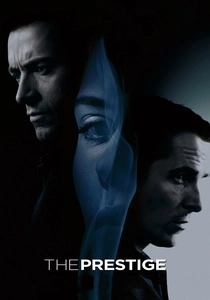
The Prestige (2006)
Description: While not exclusively about cloning, this film features a magician who uses a form of cloning to perform his ultimate trick, delving into themes of obsession and sacrifice.
Fact: Directed by Christopher Nolan, the film uses a Tesla device to clone the magician, adding a layer of science fiction to the historical setting.
 Watch Now
Watch Now 
Moon (2009)
Description: Sam Bell, an astronaut on a solo mission to mine helium-3 on the moon, discovers he is not alone, leading to a revelation about his true nature. This film delves into the psychological and ethical issues of cloning in space.
Fact: Sam Rockwell plays both the original Sam Bell and his clone, showcasing his versatility as an actor. The film was Duncan Jones's directorial debut, earning critical acclaim for its storytelling and visual effects.
 Watch Now
Watch Now 
Never Let Me Go (2010)
Description: Set in an alternate history where human cloning is used for organ donation, this film follows three students at a secluded English boarding school as they come to terms with their fate. It's a poignant exploration of love, loss, and the human condition.
Fact: The film is based on Kazuo Ishiguro's novel of the same name, which won the Nobel Prize in Literature in
 Watch Now
Watch Now 
The Resurrection of Zachary Wheeler (1971)
Description: An early film about cloning, where a scientist clones his dead son, leading to unexpected consequences and ethical dilemmas.
Fact: This film was one of the first to tackle the subject of human cloning in cinema, predating many of the more well-known entries in this list.
 30 Days Free
30 Days Free 
The Clone Returns Home (2008)
Description: A Japanese astronaut dies in space, and his clone is created to continue his life on Earth, exploring themes of memory, identity, and the human soul.
Fact: This film, directed by Kanji Nakajima, is a rare exploration of cloning in Japanese cinema, focusing on emotional and philosophical aspects.
 30 Days Free
30 Days Free 
